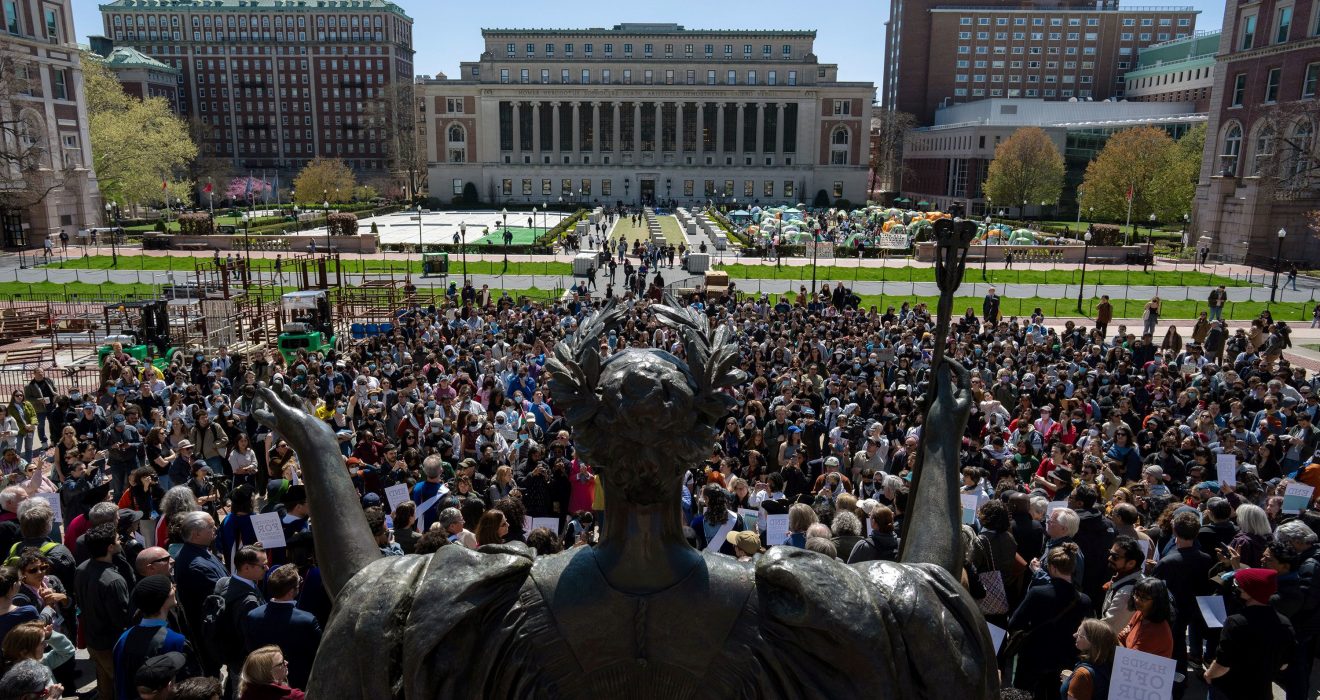Columbia’s Collapse: What Katrina Armstrong’s Testimony Reveals About Institutional Antisemitism
In an explosive report this week, the public finally got a glimpse behind the closed doors of Columbia University’s leadership — and the picture isn’t just disturbing. It’s damning.
Following a closed-door federal deposition on April 1, former interim president Katrina Armstrong, who abruptly resigned on March 28, now stands at the center of a deepening scandal surrounding the university’s response to antisemitism on campus. The transcripts, obtained by The Wall Street Journal and Washington Free Beacon, reveal a president unable — or unwilling — to account for the most basic realities of what happened on her watch.
1. Evasion or Incompetence? Armstrong “Can’t Recall” the Antisemitism All Around Her
Under oath, Armstrong repeatedly claimed she didn’t know — or couldn’t remember — basic, documented facts:
-
That students had called for the destruction of Israel.
-
That Jewish students were spit on for wearing kippahs.
-
That faculty distributed pro-Hamas propaganda justifying the October 7 massacre.
-
That Columbia professors publicly praised the Hamas terror attacks as “awesome” and “remarkable.”
Even when asked about the recommendations of Columbia’s own Task Force on Antisemitism, Armstrong said she needed to “see the specific report” to determine if anything had been done.
This isn’t oversight. It’s a pattern of deliberate evasion — and the federal government noticed.
2. Federal Investigators Are Fed Up — And They’re Not Hiding It
Sean Keveney, acting general counsel for the Department of Health and Human Services, didn’t hold back during the deposition. In one particularly telling moment, he asked Armstrong: “How do you have such a terrible memory of specific incidents of antisemitism when you’re clearly an intelligent doctor?”
That line says it all. The federal government is no longer tolerating stonewalling from elite universities. They see this for what it is: a leadership class that closed its eyes while antisemitism festered on campus.
3. Columbia’s Board Is in Damage Control Mode
The university’s board of trustees tried to distance themselves from Armstrong’s deposition, calling it unrepresentative of Columbia’s efforts.
But let’s be clear: Katrina Armstrong was not a rogue actor. She was the face of Columbia University during one of the most high-profile crises in its history. The claim that her words “do not reflect” the university is simply a PR shield — not a serious defense.
If her testimony isn’t representative of Columbia’s efforts, then why was she in charge for seven months?
4. Faculty Complicity Goes Deeper Than Anyone Admitted
The transcripts confirm what many feared: that Columbia’s antisemitism problem is deeply embedded in its faculty.
-
One professor, according to the university’s own task force, referred to Jewish donors as “wealthy white capitalists” laundering “blood money.”
-
Joseph Massad, a professor in the Middle Eastern studies department, publicly praised Hamas’ massacre on October 7, calling it “awesome.” He remains employed and is currently teaching a course titled Palestinian and Israeli Politics and Societies.
Armstrong claimed she was unaware of these issues or that they predated her tenure. But failure to act is still a form of complicity.
5. Columbia’s Federal Funding Is On the Chopping Block — For Good Reason
Following months of complaints and inaction, the Trump administration cut more than $400 million in federal funding to Columbia. The university agreed to implement sweeping reforms, but reports suggest that Armstrong downplayed those reforms behind closed doors in meetings with faculty.
The federal government has made one thing crystal clear: no reforms, no funding. And after Armstrong’s deposition, trust is wearing thin.
A University in Collapse
Katrina Armstrong’s departure and her crumbling testimony represent more than just a bad news cycle — they signal a total failure of leadership in the face of antisemitism. Columbia, once a symbol of academic excellence, is now at the center of a national reckoning.
This isn’t just about one person, or one incident — it’s about a culture of denial, appeasement, and silence.
The federal government is no longer waiting. Accountability has arrived.


